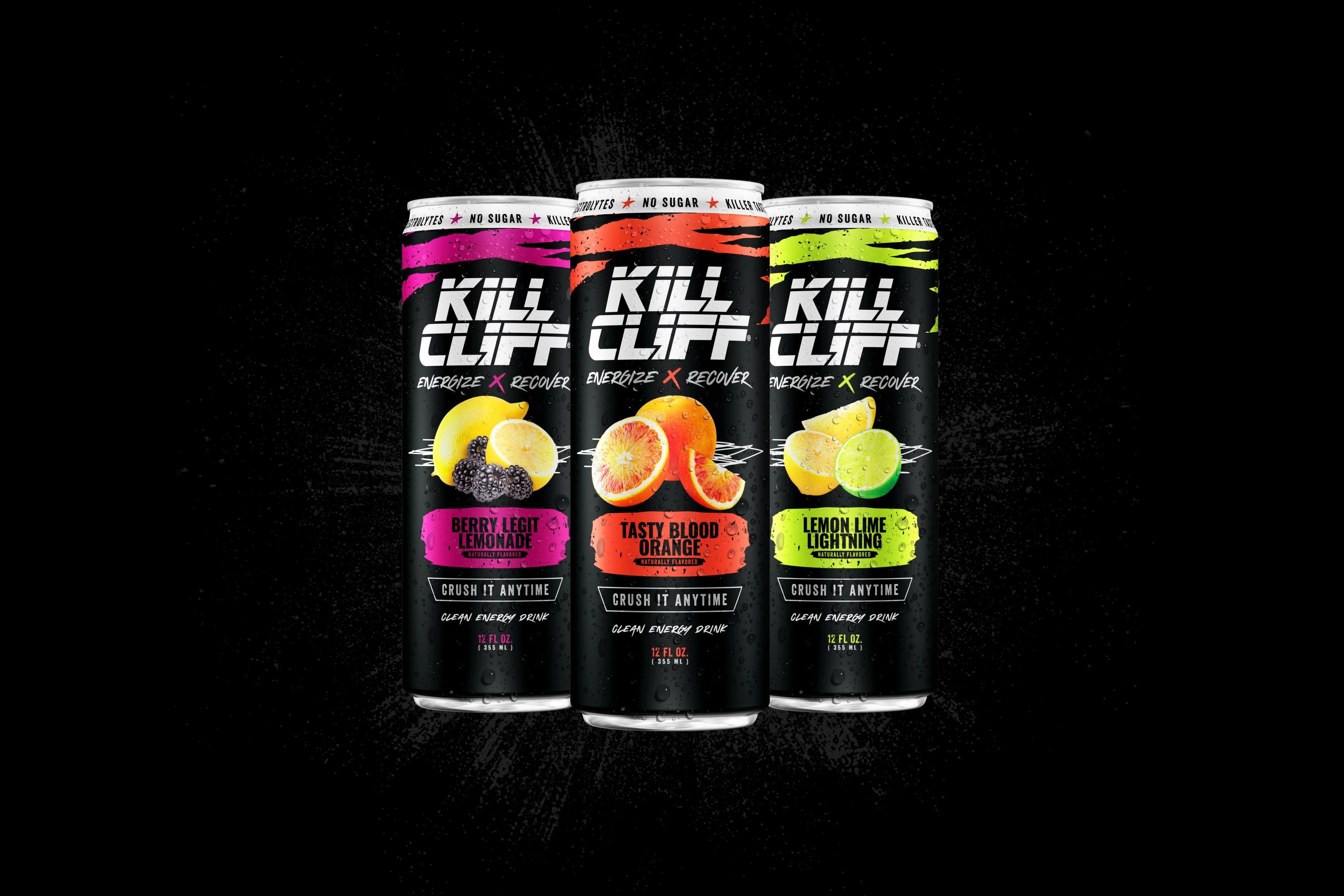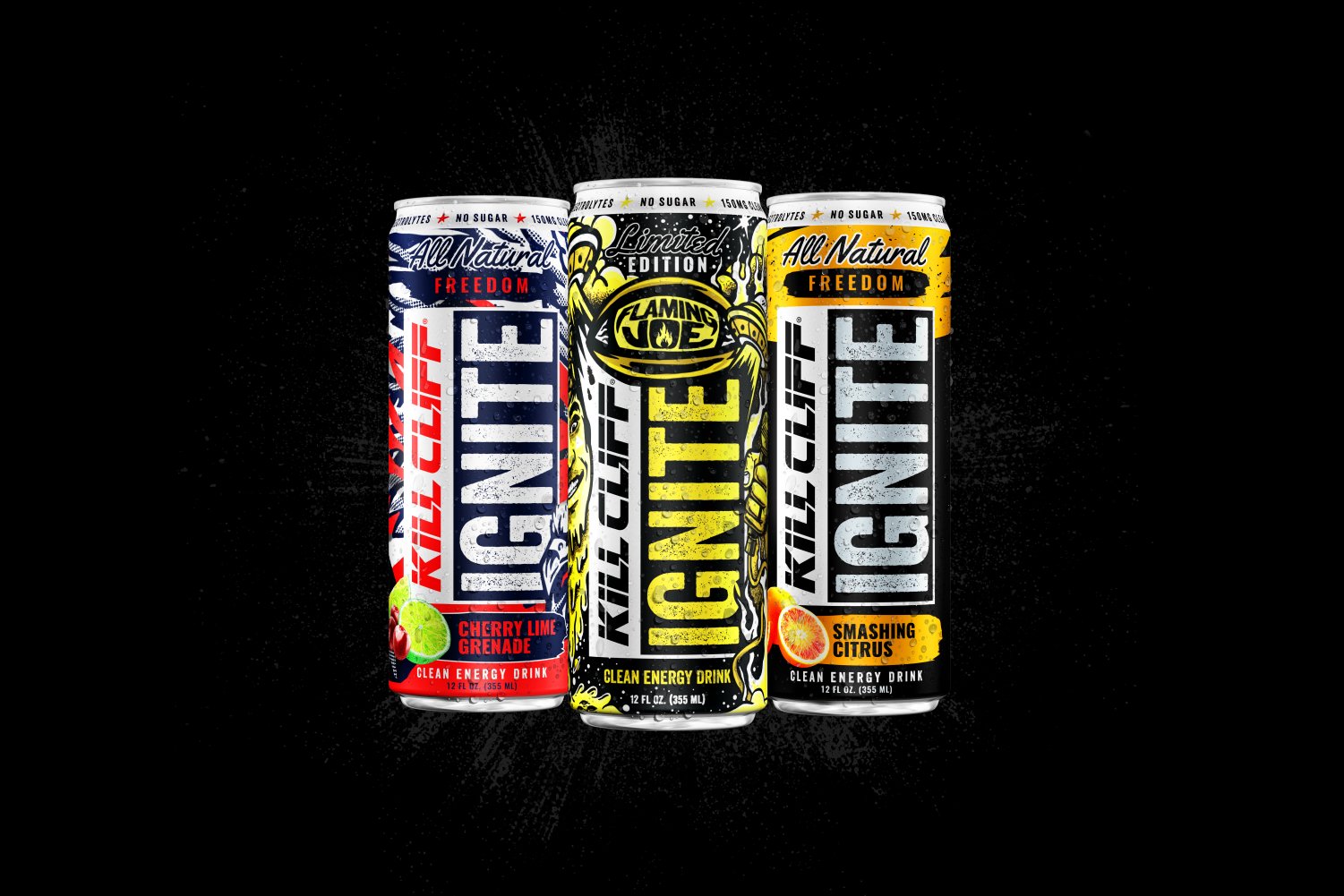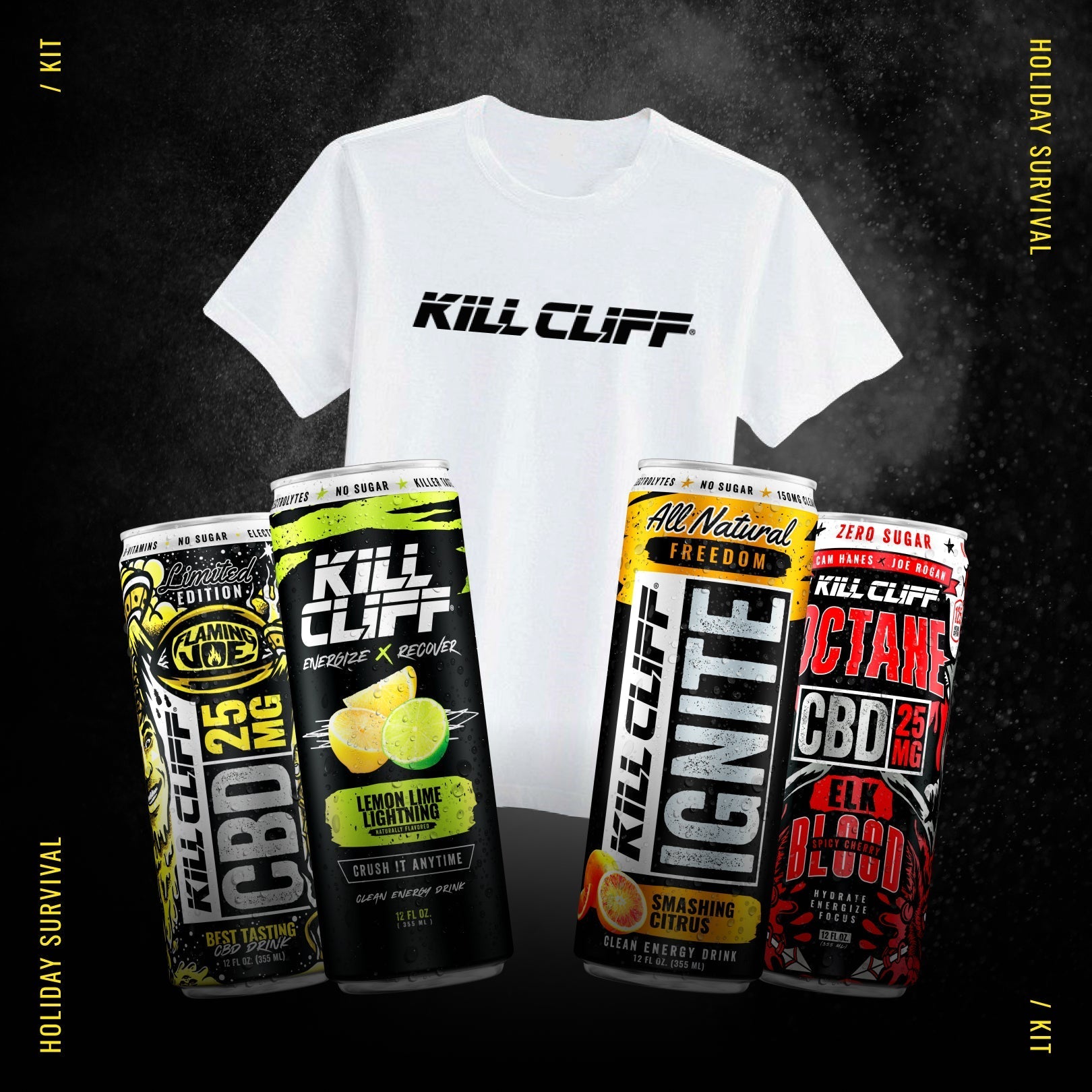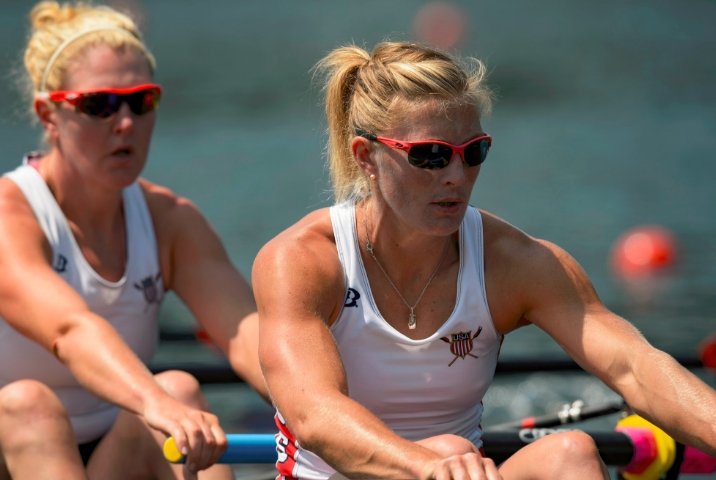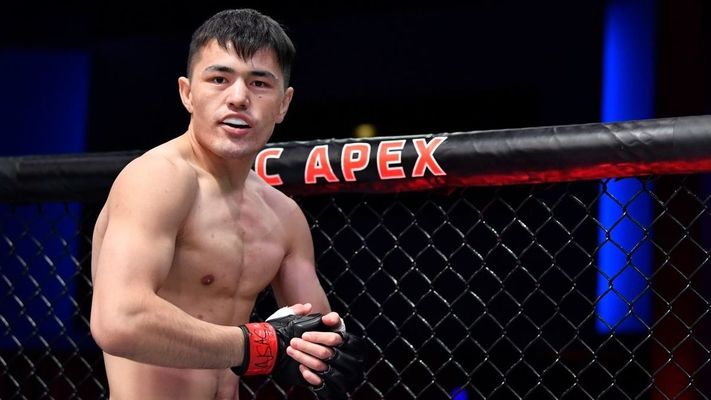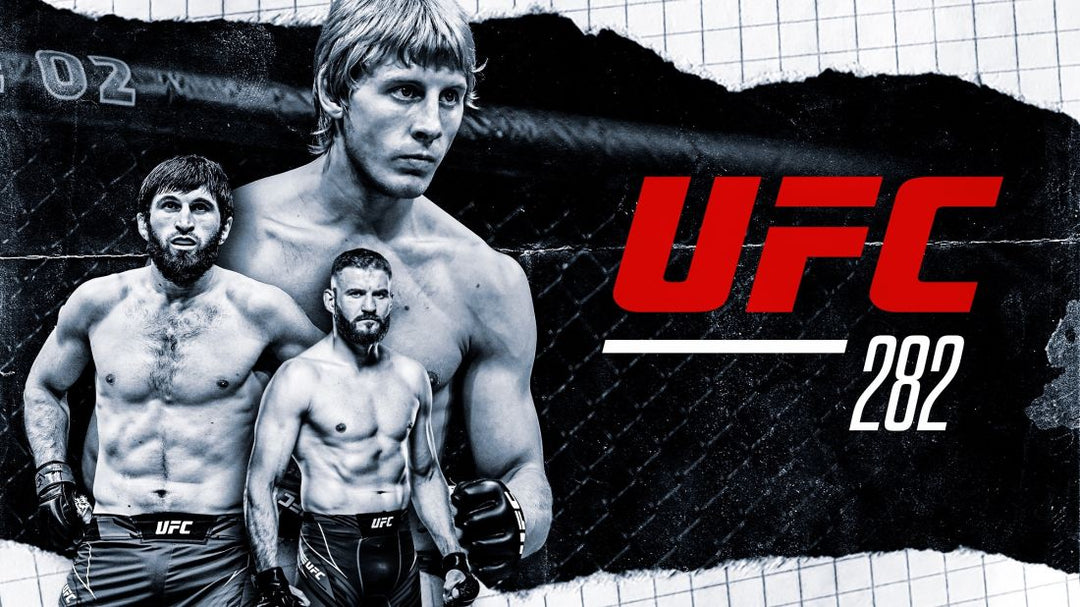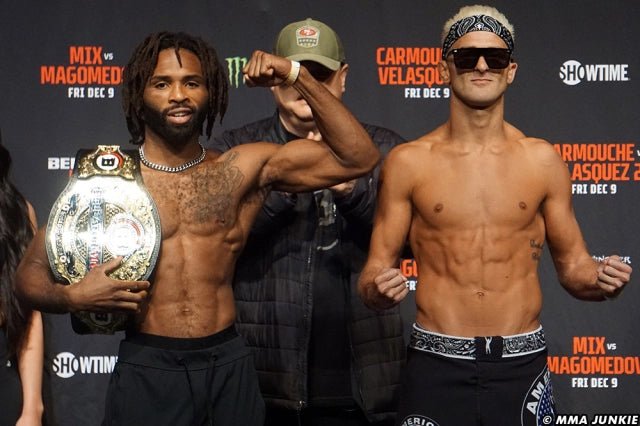Meghan was a Division 3 rower at Ithaca College in upstate New York. After graduation, she decided to see how far she could take her passion for rowing and competing; she began training for the US National team. After five years and three failed attempts, Musnicki made what would be the first of her 7 national teams. She won the world championships in the women’s 8 events in 2010, 2011, 2013, 2014, 2015 and won Olympic gold in London 2012 and most recently Rio 2016. Musnicki picked up CrossFit after her retirement from rowing and has found joy in pushing her body in ways that are different than she was used to with rowing. She has a passion for total health and wellness which encompasses both mind and body, this passion combined with her love of working and helping others is what led Meghan to become a coach and personal trainer.
Meghan's dedication to her craft and passion for fitness for life makes her a no-brainer addition to the Kill Cliff Warriors. Make sure to continue scrolling and read our Q&A with Meghan!
KC: Have you had any experience with Kill Cliff products? If so, how have they impacted you?
MM: I’ve used Recovery and really enjoy it because there’s no sugar, lots of vitamins, and it tastes great. So many sports drinks are packed with sugars and other nasty chemicals. I would much rather have the cleanest drink possible and have it right after train. I want to give my body fuel that will digest as clean as possible. That was the selling point for me with Kill Cliff. It does what I need to do when I need it do to do it.
KC: Can you describe the feeling of standing on the podium with an Olympic gold medal around your neck and the National Anthem playing?
MM: It’s definitely a surreal feeling. It’s funny to think I’m two years removed from Rio. You can’t describe what it is because it's so much more than that moment. It’s all the highs and all the lows. It’s a culmination of what you’ve been training for and you’re finally living. It’s hard to articulate that feeling. A good way to describe it is that is an incredible feeling.
KC: The US has won three straight gold medals in the Women’s Coxed Eight race at the Olympics and you’ve been a part of two of those. With all that success, is there a specific blueprint in training that has led to those gold medals?
MM: There’s not really a blueprint per say that we follow. It’s the day-to-day work that we put in. The US Women’s 8 went undefeated for 11 years in a row. That’s three Olympics and eight world championships that our boat never lost. Everyone asks us and our coach if there’s a secret to our success. There’s no trick, it’s about putting in the hours and dedication to the sport mentally, physically, and on a recovery perspective. It’s a culmination of a bunch of things. Those things don’t set you up for a win, but it sets you up to capitalize on an opportunity.
KC: You’ve played a large part in this US Olympic Women’s Rowing dynasty that’s largely gone untalked about in sports media. Does the lack of recognition motivate you or does it not bother you in the slightest?
MM: To be honest, you brush your shoulder and keep practicing. We don’t think about it much. It’s just the nature of the sport. It’s similar to CrossFit. CrossFit athletes, though the sport is becoming more mainstream, they aren’t practicing for recognition. It would be nice to have [media] talk about wins instead of talking about a US Soccer loss, but we aren’t in it for the accolades.
KC: Outside of your medals, do you have a favorite Olympic memory?
MM: At my first Olympics in London, I was in Olympic Village just in awe just seeing all of the athletes around. I knew that no matter if they finished in first or last, I had an appreciation of how hard they worked to get there because I knew how hard I worked. Olympic Village was like a college campus of the best athletes in the world in their sports. It was so cool to be surrounded by that kind of talent.
KC: You’ve mentioned that you believe that being mentally prepared is just as important as being physically prepared. What about the mental side of sports do you think is important?
MM: I think from the most basic levels your brain is going to quit before your body will. You have to learn to control your thoughts. If you can control those thoughts it raises the ceiling for what is possible for you. That important in any profession.
KC: What’s your next move in your career? Do you have anything prepared for when you retire from rowing professionally?
MM: I live in San Francisco and currently coach at Flagship Athletics as a personal trainer. I also work at Valor Performance which is a peak performance consultant company. I’m wearing a bunch of different hats right now but they all have to do with wellness. It’s a fit for life mindset. It’s more than just what you do at the gym. It has to do with that you do with your mind and body outside of a gym. I have a passion for these things and love to share them with people trying to better their lives. We’re not talking about professional athletes here, we’re talking about everyday people.
KC: What does Kill the Quit mean to you?
MM: I love the motto. To me, it means doing whatever is necessary to achieve a level of performance that you desire. If you want to kill the quit, you are likely going to come face-to-face with a harsh reality. You must kill the quit when your brain is telling you to stop. You have to recognize that you have a goal and that if you can kill the quit, you can achieve it.
Do you know someone that you think would be a good addition to the Kill Cliff Warriors? Email connor@killcliff.com and let him know!
